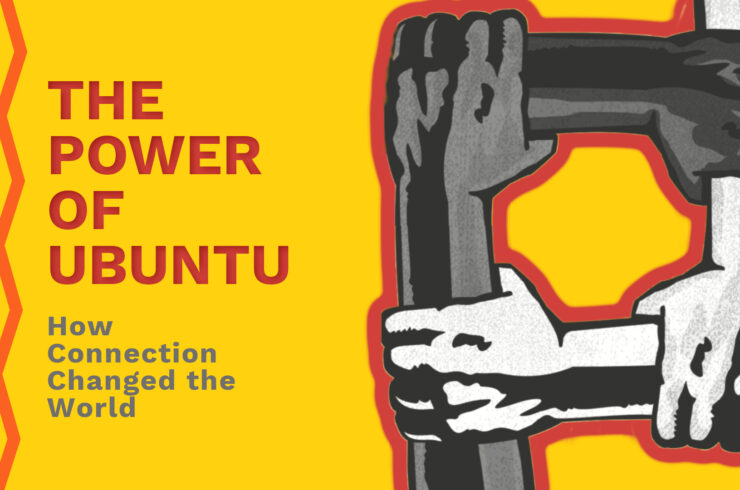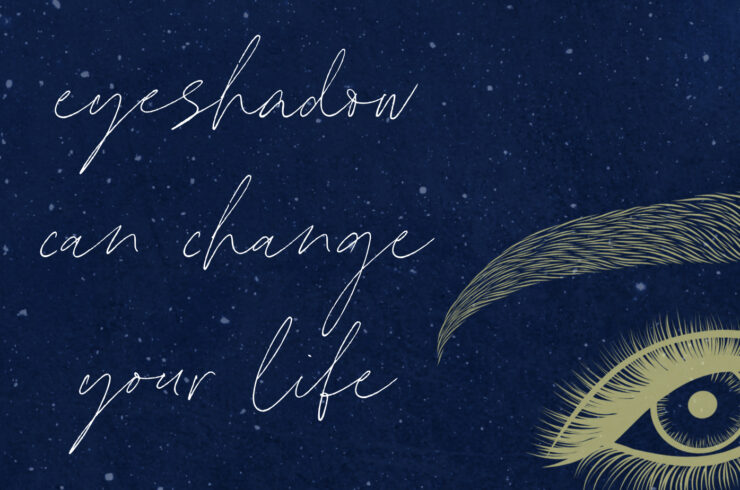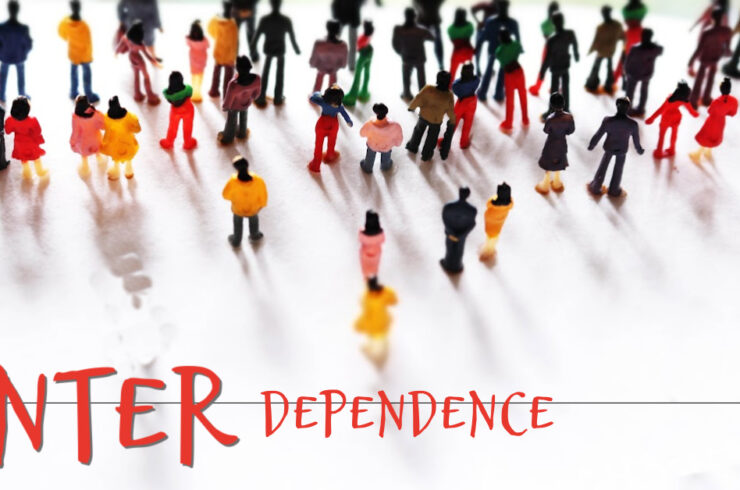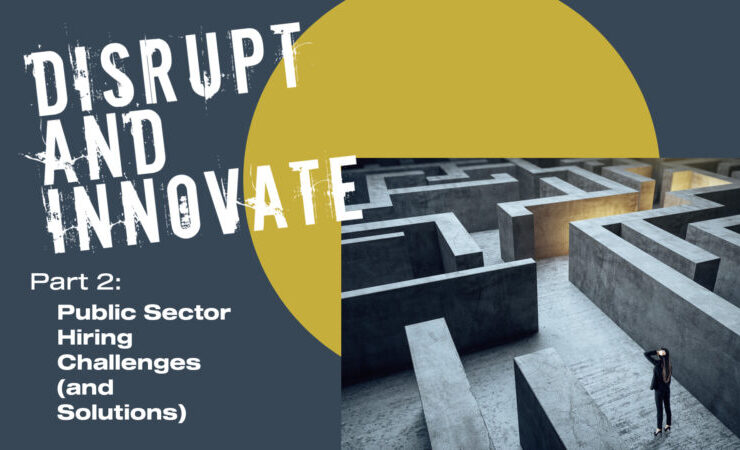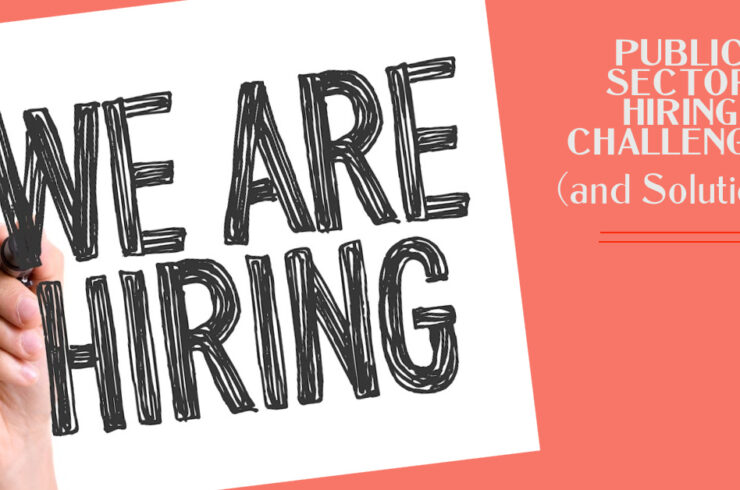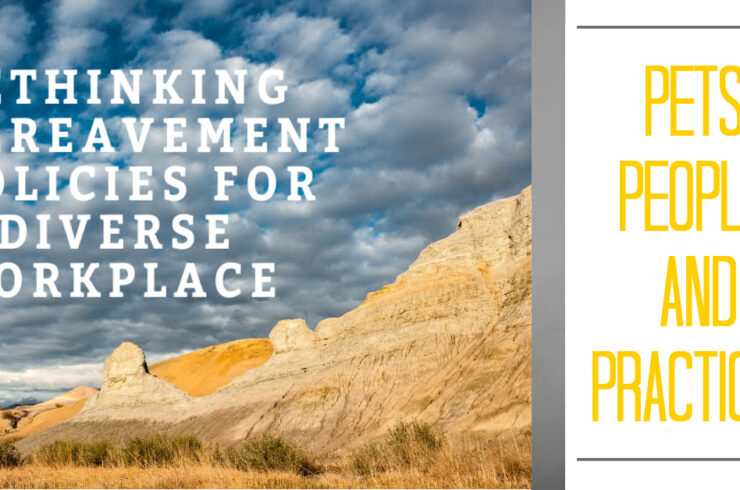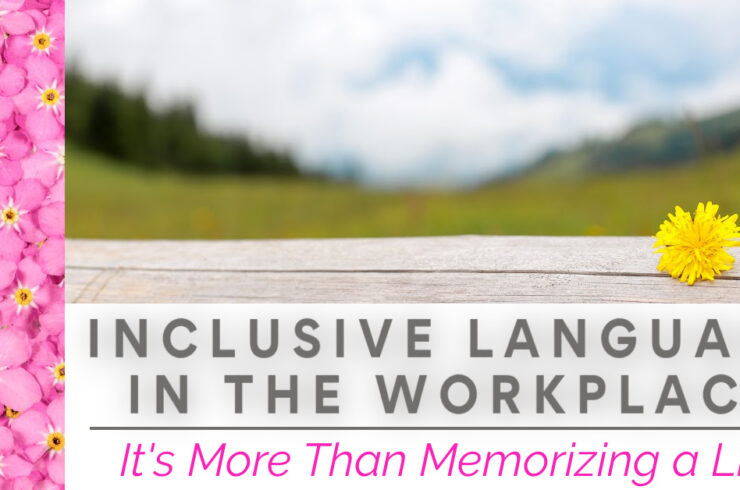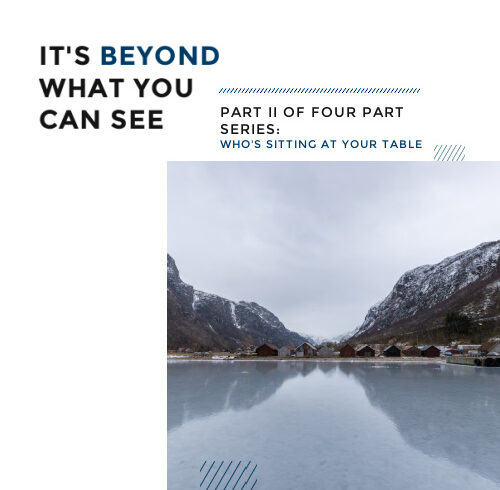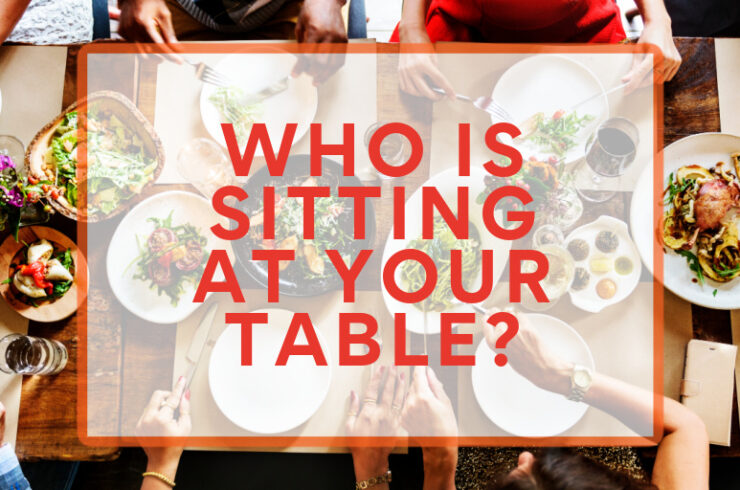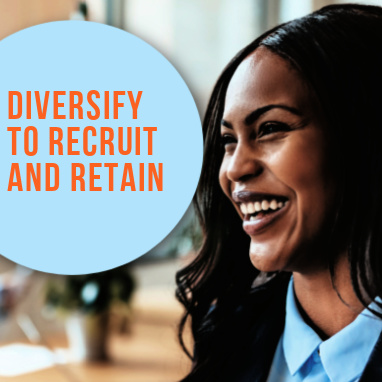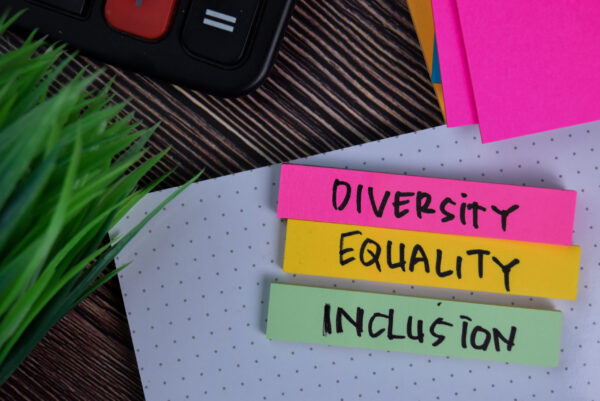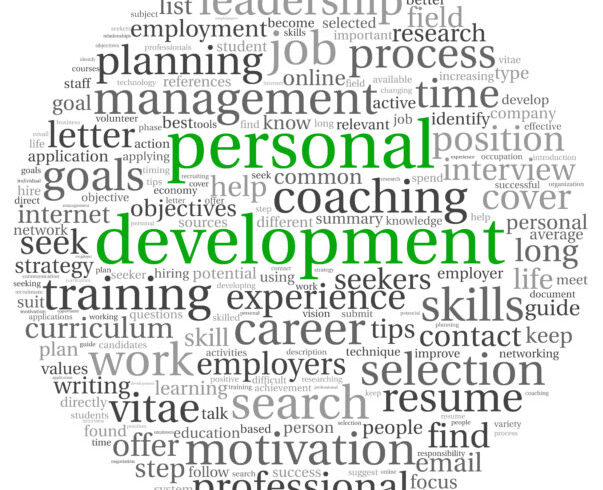By: Destyn Land, M.Ed.
What’s Love Got to Do with It?
Last week I was on my way to the office listening to music on shuffle and heard the song, “What’s Love Got to Do with It?” by Tina Turner. As I listened to the song, I quickly remembered that Valentine’s Day is approaching, and soon our lives and local stores will become infiltrated with hearts, cupids, and love songs. I started to think about how little we talk about love in professional settings, and how the word ‘love’ has almost become too taboo to use. When we think about our work lives and the way that we engage with our colleagues, I imagine most of us (including me) would ask, “What’s love got to do with it?”
Author, Black feminist, and social activist bell hooks would argue, almost everything. In hooks’ book “All About Love” she deromanticizes love and talks about the importance of living our lives with a love ethic. Living with a love ethic means that we utilize all the “dimensions of love—“care, commitment, trust, responsibility, respect, and knowledge”—in our everyday lives.” As we have recently reflected on the life and legacy of Dr. Martin Luther King Jr and go into a season of celebrating Black History Month and Valentine’s Day; I believe there’s a lot of lessons and wisdom to explore on love that can transform our work culture.
In one of his speeches, Dr. King said, “Love is creative and redemptive. Love builds up and unites; hate tears down and destroys. The aftermath of the ‘fight with fire’ method which you suggest is bitterness and chaos, the aftermath of the love method is reconciliation and creation of the beloved community.” The beloved community is a community where all people are seen and cared for. It is a place where the gifts, strengths, and assets of every person are valued, even when they look and show up differently from our own. If a beloved community is a goal in our workplace, embracing hooks’ love ethic is one of the pathways we can take to get there.
When we embrace bell hooks’ love ethic in our everyday work life, we:
- Acknowledge that we are people first. The role that we play within our business, or organization is only one dimension of who we are. Outside of our work some of us may be parents, friends, aunts, uncles, community members, or caretakers. The hats that we wear outside of work are just as important and valuable.
- Center the marginalized, rather than the majority. When I was growing up every tough decision on the playground was solved with “MAJORITY RULES!” While there may be some moments and situations where “majority rules” make sense; it can easily become a harmful practice and can marginalize/isolate individuals on your team. A love ethic causes us to pause and ask, “who does this situation impact the most?” and shifts us from equality to equity.
- Create a sense of belonging on our team. When care is in partnership with trust and respect, we experience the feeling of being “known.” When a work environment embraces a love ethic your team will feel a sense of connection to the organization or company and will feel invited to bring their most authentic selves, and their strengths to the workplace.
A love ethic in practice can come with so many benefits! It will lead to employees feeling valued and respected which then helps retain them, it increases collaboration, and helps build team morale. I acknowledge that these concepts can feel big and theoretical, so let’s talk about how to shift these concepts from theory to practice.
Here are 3 ways to embrace a love ethic in your workplace:
- Start your meetings off with a check-in question. Peter Block (author, consultant, and speaker focused on community building), talks about the importance of “Connection before Content.” I once had a supervisor, Dr. Fernando Rodriguez who would always start meetings asking the question, “How are you doing, really?” Although I was thrown off by the ‘really’ at first, it became an invitation to bring my authentic self to the workplace. These questions can range from sharing a high or low from the week, or a get-to-know-you question.
- Normalize accountability For there to truly be an environment of “care, commitment, trust, responsibility, respect, and knowledge” there must be accountability. Although accountability is not one of those words that makes us feel good on the inside, accountability can be an act of love. We cannot claim to be a beloved community, or workplace guided by a love ethic when people are not held responsible for their actions that hurt or harm others. One way we can normalize accountability is by making feedback a regular and comfortable practice in our workplace.
- Make DEI (Diversity, Equity, and Inclusion) a priority. Whether it’s organizing team training, creating affinity spaces, or starting an anti-racism book club, equity and inclusion must be a priority in every dimension of our work. I can remember a time when a lot of diversity efforts were centered around the promotion of the thought that we are “more alike than different,” when truly diversity-embodied is the ability to recognize that even if we have the same experiences because we have different identities, we experience these experiences differently. This also means that every one of our colleagues and team members has diverse needs, and we cannot have one-size-fits-all methods within the workplace. Centering our work in love means thinking about how we can create our workplace an environment where everyone can “be free, live fully, and be well” -bell hooks.
Happy Black History Month and Happy Valentine’s Day!




